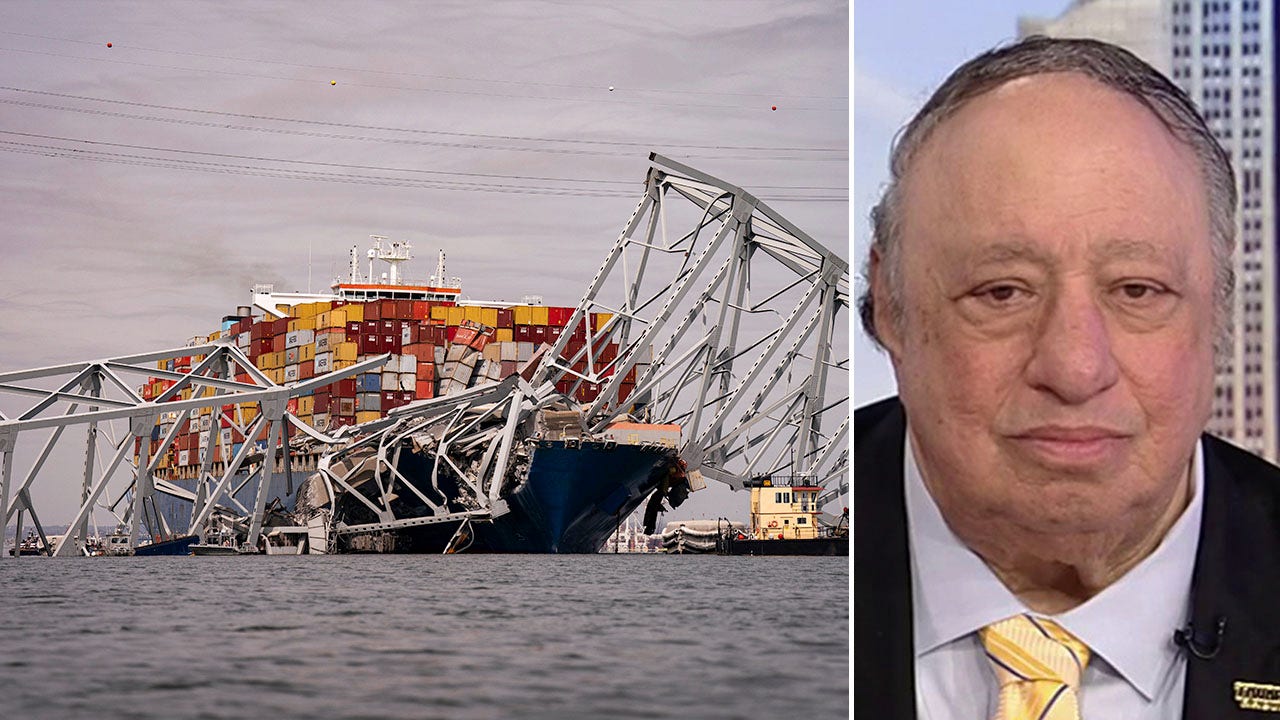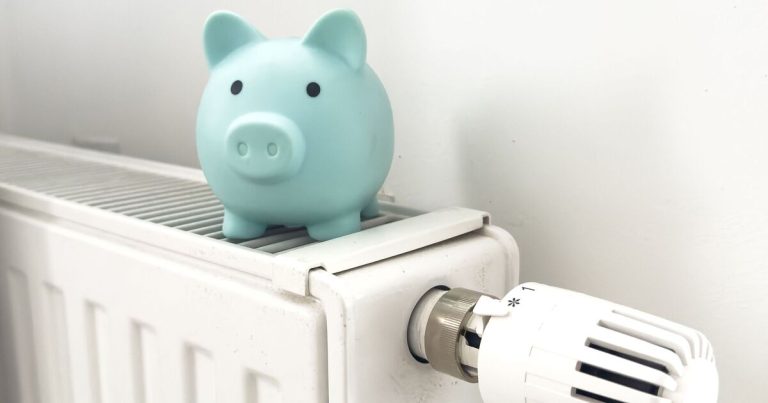
United Refinery CEO John Catsimatidis breaks down the economic impact of Baltimore’s deadly bridge collapse.
An oil refinery owner suggested that there may be some validity to reports that contaminated fuel potentially played a role in the Francis Scott Key Bridge collapse that took place on Tuesday morning.
“It’s just stealing money, the companies selling them. If nobody’s watching closely enough, they’ll give them contaminated fuel,” United Refining Company CEO John Catsimatidis said during an appearance on “Mornings with Maria” in response to contributor Monica Crowley asking how it could get onto the ship.
His comment comes on the heels of sources telling The Wall Street Journal that safety investigators will look into whether dirty fuel played a part in the accident.
Catsimatidis claimed that it’s “usual” for companies to receive dirty fuel, and argued that New York schools and the city’s transportation system have “experienced it.”
“Contaminated fuel is being sold to the [New York] schools and sold to the MTA when the MTA or the schools are not watching closely enough,” he stressed.
“You know, you give them 80 percent real fuel and 20 percent garbage. And the FBI should be looking into that,” he added.
TIMELINE OF THE BALTIMORE FRANCIS SCOTT KEY BRIDGE COLLAPSE
The lights on the Dali, a 948-foot-long container ship, began to flicker about an hour into the ship’s trip early Tuesday. A harbor pilot and assistant reported power issues and a loss of propulsion prior to the collision, according to a Coast Guard briefing report.
Supply chain expert Bindiya Vakil discusses how the Francis Scott Key Bridge collapse could impact shipping and trade on ‘The Bottom Line.’
“The vessel went dead, no steering power and no electronics,” an officer aboard the ship said Tuesday. “One of the engines coughed and then stopped. The smell of burned fuel was everywhere in the engine room and it was pitch black.”
“This is a big ship,” Catsimatidis told host Maria Bartiromo.
BALTIMORE BRIDGE COLLAPSE: DETAILS EMERGE ABOUT 6 PRESUMED DEAD AS HARROWING AUDIO IS RELEASED
“When it hit directly onto those pillars, it just brought it down like a toy almost,” he continued.
Catsimatidis stressed that the city of Baltimore is “going to be devastated” because of the bridge collapse and that most of the cargo ships will be redirected to New York Harbor and New Jersey.
“We’ll deal with it, but we can’t afford a second problem,” he added.
GET FOX BUSINESS ON THE GO BY CLICKING HERE
Fox News’ Landon Mion contributed to this report.
Commonwealth Financial Network CIO Brad McMillan argues the Baltimore bridge disaster will ‘complicate’ freight along the East Coast.





